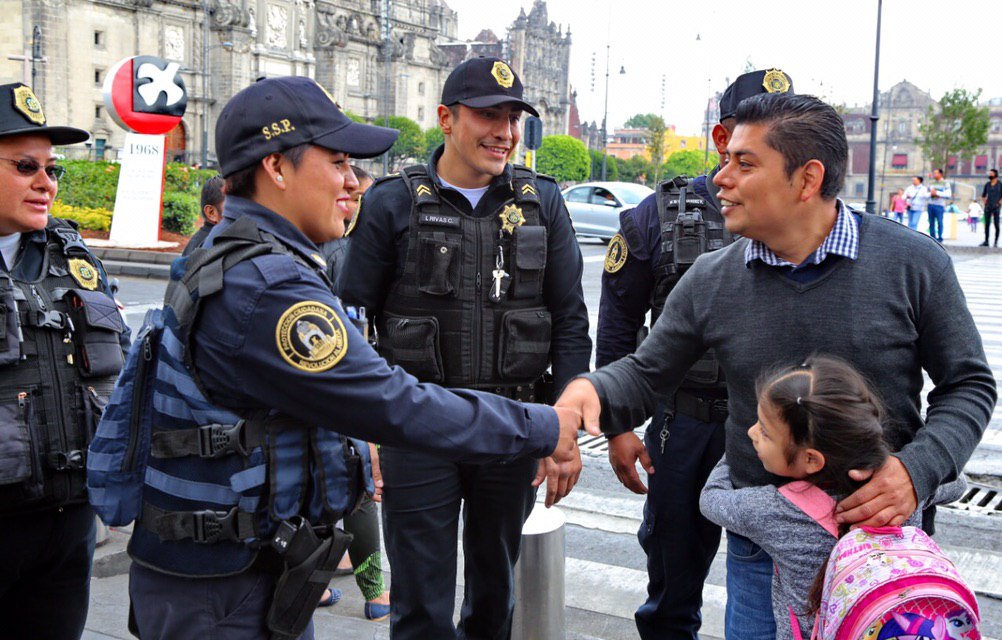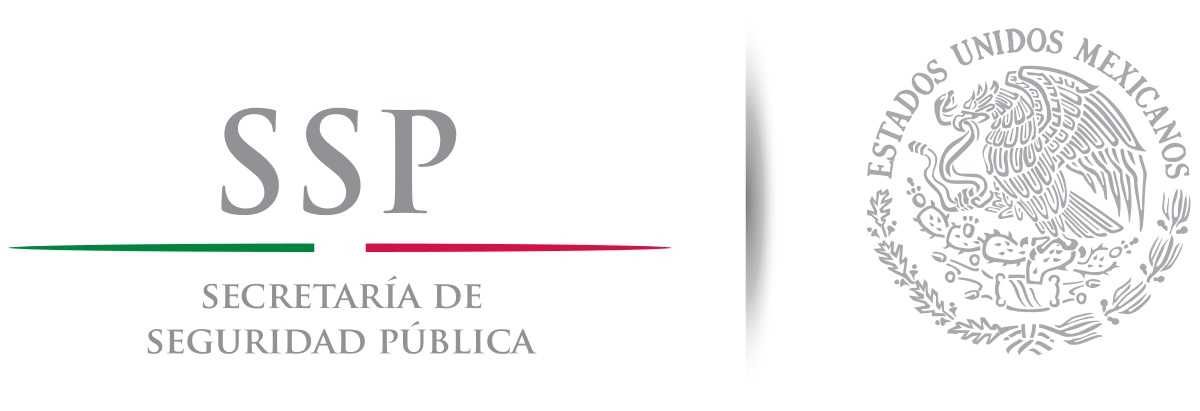Can Mental Health Interventions Influence the Behavior of Police Officers in Mexico City?

Funded by the Peace and Recovery Initiative and implemented in collaboration with the Ministry of Citizen Security and IPA Mexico, researchers conducted a pilot evaluation to assess the impact of two mental health interventions–a habits-based program and a breathing- and meditation-based program–for police officers in Mexico City.
Globally, over 14 percent of police officers experience trauma from daily exposure to risky and stressful work situations, which can significantly harm their mental and physical health, job performance, and public interactions.1,2 For example, reports of police violence in Mexico City continue to rise, with 75 percent of detainees in 2016 reporting psychological violence and 64 percent reporting physical violence from their arresting officers.3 Mental health interventions–such as cognitive behavioral therapy (CBT)–have been effective in treating post-traumatic stress disorder, stress, and reducing violence.4 However, systematic evidence on whether and how these interventions impact police officers and organization is limited, partly due to negative institutional perceptions of officers seeking therapy.
Funded by the Peace and Recovery Initiative and in collaboration with IPA Mexico and the Ministry of Citizen security, researchers piloted two different mental health interventions for police officers. The first intervention was an anxiety reduction program based on changing the habits of officers. The second intervention was a breathing and meditation program for officers to identify their physical sensations related to stress and anxiety. A total of 58 police officers were non-randomly assigned to participate in one of either interventions, in a combined intervention, or in a non-intervention comparison group.
The high-quality program components, particularly the practical breathing exercises for emotion control and stress management, were well-received and suited for police officers. Building on these results, the researchers are developing a strategy for a future full-scale randomized evaluation involving a larger sample size of police officers.
Sources
1. Syed, Shabeer, Rachel Ashwick, Marco Schlosser, Rebecca Jones, Sarah Rowe, and Jo Billings. "Global prevalence and risk factors for mental health problems in police personnel: a systematic review and meta-analysis." Occupational and environmental medicine 77, no. 11 (2020): 737-747.
2. Neely, Phillip, and Craig S. Cleveland. "The impact of job-related stressors on incidents of excessive force by police officers." American Journal of Health Sciences (AJHS) 3, no. 1 (2012): 63-74.
3. Steve Fisher and Maria Abi-Habib, “Mexico City Declared Police Abuse Over. Reports of Misconduct Kept Rising.” New York Times, August 9, 2022, https://www.nytimes.com/2022/08/09/world/americas/mexico-city-police-abuse.html
4. Koucky, Ellen M., Benjamin D. Dickstein, and Kathleen M. Chard. "Cognitive behavioral treatments for posttraumatic stress disorder: Empirical foundation and new directions." CNS spectrums 18, no. 2 (2013): 73-81.
Partners













